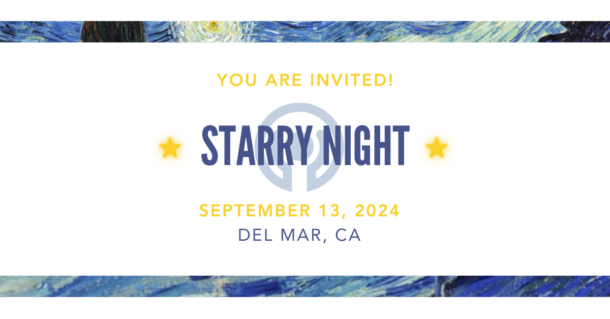Author: Kerri Scott
I don’t know what it’s like to live with bipolar disorder but I know what it’s like to lose someone to bipolar disorder.
When I was 25, during the heat of the summer I got the news. A mutual friend called to tell me that my boyfriend had died. He took his life and mine apart.
In the months and years that followed I have tried to piece together the last few years of his life. From the last night that I saw him until his fatal encounter with a Union Pacific train, his mental health rapidly deteriorated.
When we dated neither of us knew that he suffered from bipolar disorder I. It is possible that I shared moments with him that were both manic and depressive. Yet as a young adult falling in love in a long distance relationship, his symptoms could have also been what made him so attractive or looked like him pulling away.
After a whirlwind romance he broke off our relationship. In the next two years he was hospitalized three times and had multiple suicide attempts. Then the year after his diagnosis he was hospitalized six more times before he died from his fatal train collision.
I know now, that this is only an outcome for a fraction of people who are diagnosed with bipolar disorder. I understand that with the right combination of medication and counseling people go on to live great, fulfilling lives.
I have learned and continue to learn so much about mental health and suicide by reading other people’s stories and by sharing my own. But I wish someone had told me that I would benefit from attending a suicide survivor support group.
I spent years living in regret, questioning what I could have done differently, feeling guilty and riddled with shame. Now my only regret is that I didn’t talk about my grief sooner.
It has taken me 18 years to break the silence and the stigma around suicide and mental health. I was frozen in my grief for nearly two decades and often struggled with my own depression.
Yet each time I share my story, my grief lifts a little more. I am grateful to be able to hold space for someone else to recognize themselves in my words. By being vulnerable, I am allowing them to open up about their loss.
It is these moments that have shifted my perspective around mental health, suicide, death and grief.
These are uncomfortable conversations to have but by beginning them, it opens up avenues for healing that are enormous. Talking about our loss with others who have shared a similar experience helps each of us transform our pain, guilt and shame into feelings of understanding and love.
I encourage anyone who has lost a loved one to suicide to share your grief story. Talk with others who knew them, connect with support groups online and read other suicide survivor stories.
Grief doesn’t end and it is my intention that in another twenty years I will still be having these conversations, except they will no longer be uncomfortable, instead they will be celebrated.
Kerri Scott is writing her debut book titled Celebrate Your Grief, Transforming Your Loss Into Self-Love.
She has lived the pain of losing a loved one to suicide after their diagnosis of bipolar disorder. Her grief journey has become her spiritual journey and from her loss she has discovered the power of self-love.
We each have the ability to choose the thoughts that we have and shape the beliefs and habits we practice. Our lives reflect these thoughts and the greatest gift that we can give ourselves and ultimately the world is the love we have for our self.
You can follow Kerri as she continues this conversation on her blog and social media at https://kerriscott.com/.


